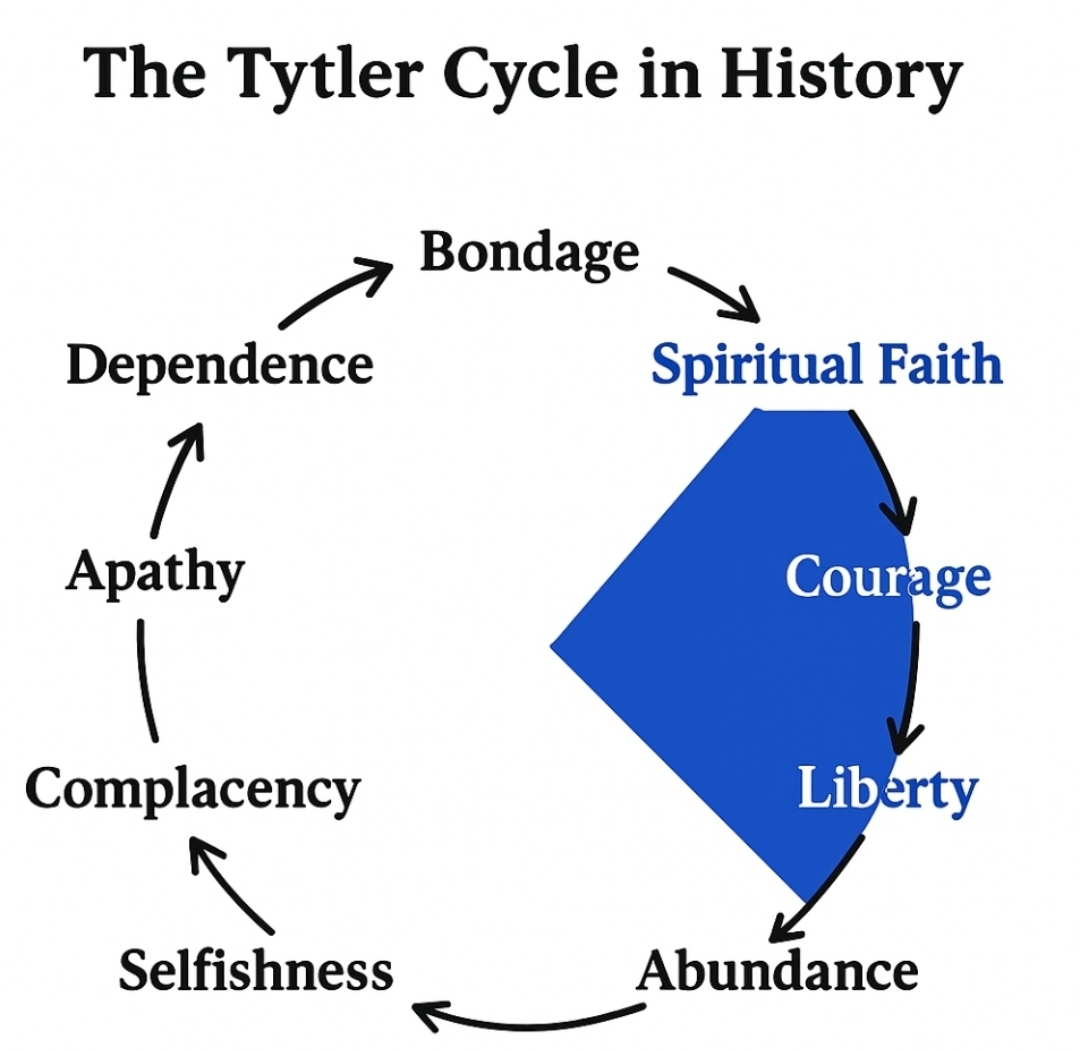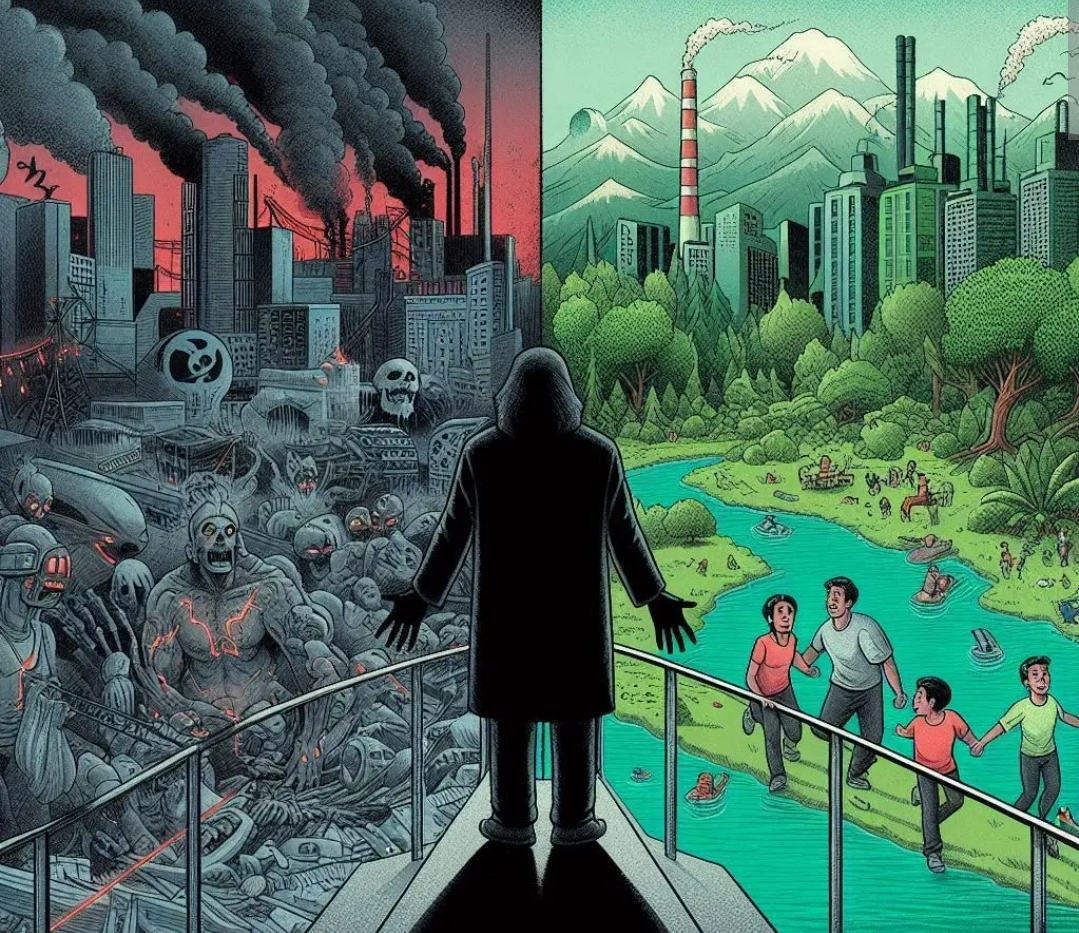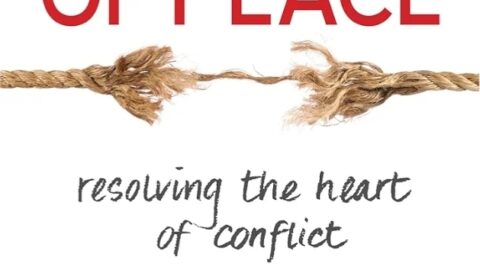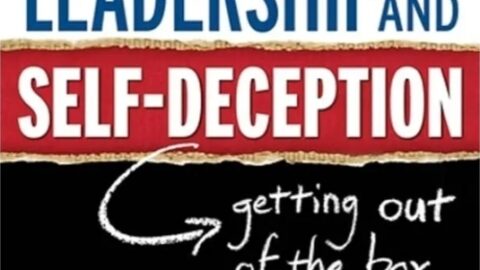“Capitalism tends to destroy its two sources of wealth, nature and human beings.” – Karl Marx
Introduction: Marx’s Enduring Warning
Karl Marx’s critique is among the most frequently quoted and fiercely debated observations in the history of political economy. His warning—that unchecked capitalism ultimately devours the very foundations upon which it stands: nature and human life—is not a caricature, but a diagnosis rooted in his study of 19th-century industrialism. The deeper question is not whether Marx is right or wrong in all cases, but which form of capitalism makes him right—and which may prove him wrong.
What Did Marx Mean?
Marx argued that, in its relentless quest for profit, capitalism commodifies everything. Land, air, water, forests, minerals, and even the energy, time, and bodies of workers are reduced to “inputs” for maximizing returns. If left unrestrained, this system produces:
- Environmental degradation: Exhaustion of soil, deforestation, pollution, resource depletion.
- Exploitation of workers: Dangerous conditions, low wages, long hours, alienation.
Marx saw these not as bugs, but as features of unregulated, competitive capitalism—the kind that dominated the early industrial era in Britain and elsewhere.
Is Marx Right? It Depends on the Form of Capitalism
There is no single capitalism. As explored in earlier articles, every society is capitalist in some sense, but how it manages and distributes power, profit, and responsibility determines the outcomes for people and planet.
Marx’s sharpest critique was aimed at laissez-faire capitalism—the “free market” form with minimal state interference, in which private property and competition drive all economic activity. In its 19th-century form (the world of Dickensian England and robber baron America), laissez-faire capitalism often produced the abuses and extremes Marx described: child labor, unsafe conditions, “survival of the fittest” ethics, pollution, and deep poverty alongside massive wealth.
But here’s the paradox:
Laissez-faire capitalism—as envisioned by its classical proponents (Adam Smith, Bastiat, and others)—was never meant to be amoral. In theory, it depends on a society’s citizens and institutions being guided by virtue, self-restraint, and strong moral character. Smith’s “invisible hand” is only wise if the people in the marketplace are governed by conscience and a respect for others’ rights.
Capitalism Without Character: The Path to Cronyism, Corporatism, and Tyranny
History—and our own times—prove that capitalism, if separated from a foundation of morality and character, cannot remain truly “laissez-faire.” The free market envisioned by classical liberals was always meant to be bounded by self-restraint, mutual respect, and civic virtue. When those are absent, the system quickly devolves into new—and often worse—forms of control and injustice.
From Freedom to Cronyism and Corporatism
When markets are guided by selfishness, greed, and short-term gain, the winners use their resources to capture government itself. Rather than supporting fair competition, government becomes an ally to the powerful:
- Laws and regulations are written to favor the connected and wealthy.
- “Crony capitalism” emerges, where success depends more on lobbying and influence than innovation or hard work.
- Over time, vast corporations become so large and interconnected with government that the market loses its freedom and dynamism—ushering in corporatism.
The Descent into Fascism and Statism
As the divide between the powerful and the powerless grows, society becomes ripe for systems that promise “order” and “security”:
- The blending of corporate and state power, justified as necessary for national interest, leads to fascism—where individual liberty is sacrificed to the goals of the elite.
- Ordinary citizens, frustrated by injustice and exclusion, demand more government intervention and redistribution.
The Lure of Socialism and Communism
When people lose faith in both the fairness and the humanity of “capitalism,” they often look to socialism or communism for solutions:
- Popular discontent leads to calls for the state to own or direct all resources, abolishing private property and markets in the hope of creating equality and justice.
- But concentrated state power brings its own abuses: inefficiency, oppression, and loss of personal and economic freedom.
The Laissez-Faire Ideal Is Unsustainable Without Virtue
The lesson is clear:
True laissez-faire capitalism is not sustainable without a society grounded in virtue.
- In the absence of character, even the best economic systems devolve into new forms of tyranny.
- The result is a cycle: free markets give way to cronyism, then corporatism, then statism, and finally to forms of centralized control that betray both liberty and justice.
Choose Character:
If a nation loses its virtue, it will cycle through economic systems—capitalist, socialist, or otherwise—but always end in injustice and bondage. Character is not optional; it is the essential regulator of all freedom.
This is why America’s founders and early classical liberals insisted that self-government and liberty can only survive in a society with a strong moral and religious foundation. As John Adams said, “Our Constitution was made only for a moral and religious people. It is wholly inadequate to the government of any other.”
The Moral and Spiritual Dimension
Unchecked capitalism doesn’t just degrade forests and rivers; it erodes the soul of a people. Workers become “human resources.” Relationships are transactional. Meaning and virtue give way to efficiency and consumerism. The view points—drawing from Bastiat, Covey, Frankl, and others—emphasizes that true wealth is more than money: it is also moral, spiritual, and communal.
- Society that values only profit:
Dehumanizes, exploits, and ultimately hollows out both people and nature. - Society that values higher principles:
Seeks stewardship, justice, and human flourishing alongside (not in place of) economic vitality.
Capitalism’s Self-Correcting Potential
Capitalism, like any system, can evolve. Where communities, consumers, and governments are vigilant, they can demand:
- Nuclear technologies and renewable energy
- Fair labor practices and living wages
- Restoration of public goods (education, health, clean air/water)
- Purpose-driven businesses and conscious consumerism
Where there is apathy, cronyism, or ignorance, Marx’s prophecy is fulfilled. Where there is vigilance, stewardship, and shared values, capitalism’s creative forces can enrich, rather than destroy.

Conclusion: Not If, But How
Marx’s warning is a conditional prophecy.
“Capitalism tends to destroy its two sources of wealth, nature and human beings.”
If capitalism (different forms) are managed solely by the logic of profit, he is right. But if capitalism is restrained, reformed, and humanized by law, conscience, and community, it can become a system that rewards both innovation and stewardship.
The real question is not “Is capitalism evil?” but “What kind of capitalism will we build—and who will it serve?”







